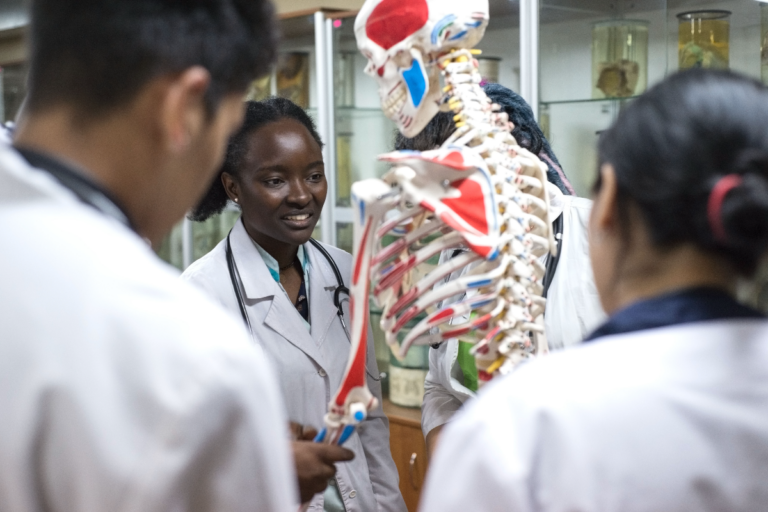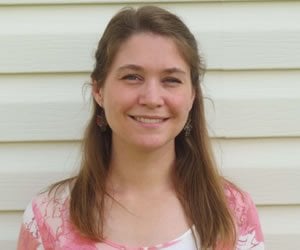
Pre-Dental
Knowing some typical interview formats and the expectations of your interviewer can help put your mind at ease while pursuing acceptance into dental school.
Written by: Brian A. Brodine
Published on: March 16, 2014

Pre-Health
Tips on how to meet and build relationships with people who can advance your education and career.
Written by: Megan Riddle
Published on: March 6, 2014

Pre-Medical
Start your post-undergrad life on the right foot with these tips from the AAMC, whether you are starting school right away or taking a gap year.
Written by: AAMC Staff
Published on: March 4, 2014

Physician Q&A
Brian Walcott shares his thoughts on neurosurgery and research and offers some advice for students.
Written by: Student Doctor Network
Published on: March 2, 2014

Healthcare News and Policy
The National Health Service Corps creates a win-win for doctors and underserved communities by financing medical education and bringing health care to those who need it most.
Written by: Christina Crisologo
Published on: February 25, 2014

Medical
Your actions as a physician have a tremendous impact on your patients.
Written by: Mary Calhoun
Published on: February 20, 2014

Residency and The Match
The high rate of emergency physician burnout indicates that students matching to emergency residencies don't know what they're getting into.
Written by: Michelle Finkel
Published on: February 11, 2014

Medical
A look at the pros and cons of choosing an academic career over a clinical medical career.
Written by: John F. Hunt, MD
Published on: February 4, 2014

Medical School
Advice from a fourth year medical student on how to live and study well in medical school.
Written by: Megan Riddle
Published on: February 2, 2014

Medical School
The number of North American students attending European medical schools is increasing, but studying medicine in Europe is not without its challenges.
Written by: Student Doctor Network
Published on: January 23, 2014

Medical
While patients resist being “judged”, health care professionals must employ a certain level of judgment in order to properly evaluate the needs of each patient.
Written by: Edward Chang
Published on: January 21, 2014

Healthcare News and Policy
An American medical student compares his experience with the German health care system to health care in the U.S.
Written by: Andrew Nguyen
Published on: December 19, 2013

Physician Q&A
Diana Marie Padgett shares her thoughts on the field of pathology and offers some advice for students.
Written by: Juliet Farmer
Published on: December 17, 2013
Speech-Language Pathology
Jennifer Hatfield shares her thoughts on the field of speech language pathology and offers some advice for students.
Written by: Juliet Farmer
Published on: November 24, 2013
Physician Q&A
Expert Paul Offit shares his insight into the public perception of vaccines and the challenges that health care professionals face when promoting them.
Written by: Juliet Farmer
Published on: August 4, 2013
Medical
What does Street Medicine mean for patients and health care providers?
Written by: Andrew Nguyen
Published on: July 10, 2013

Medical
The author examines the ever-increasing role of homeopathy in today's society.
Written by: Chivas Owle
Published on: April 1, 2012
Physician Q&A
Dr. Beth Seltzer, board certified in Public Health and General Preventive Medicine, is a former documentary filmmaker and the author of 101 Careers in Public Health.
Written by: Juliet Farmer
Published on: May 1, 2011
Finding a Job
Are you prepared to go into private practice at the end of your residency? Dr. Steven M. Hacker offers his tips for ensuring private practice success.
Written by: Steven M. Hacker
Published on: January 16, 2011













